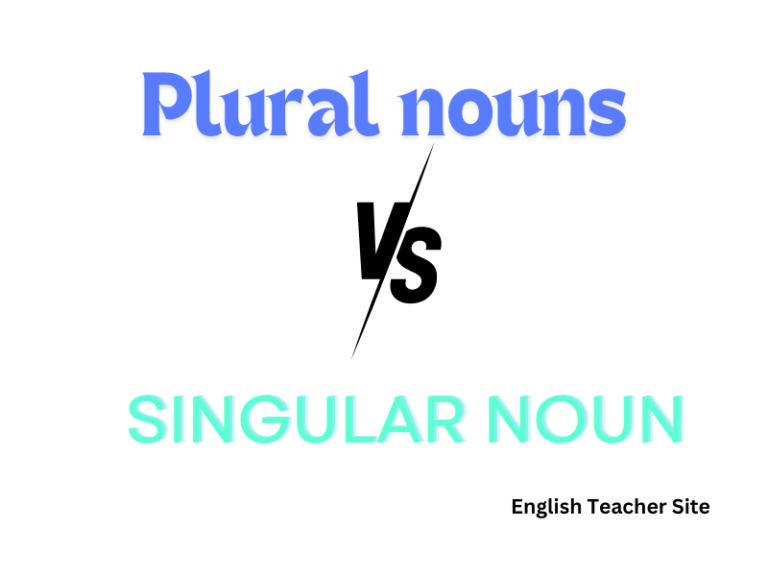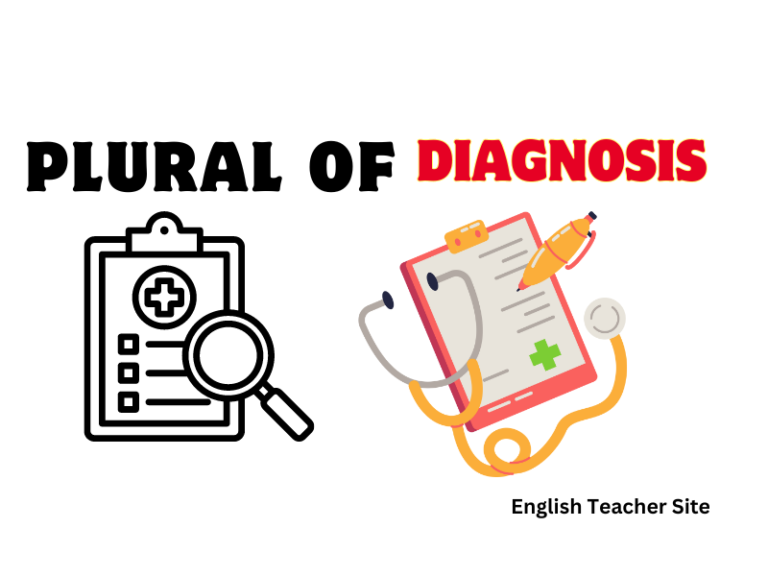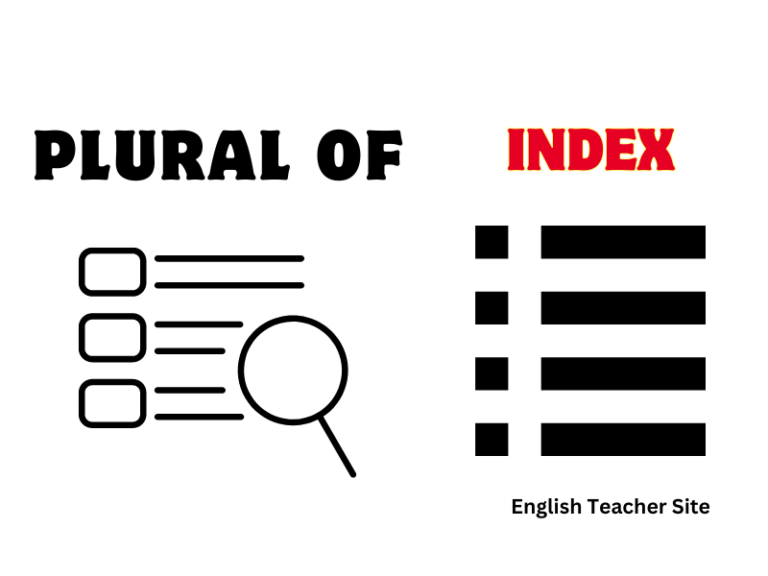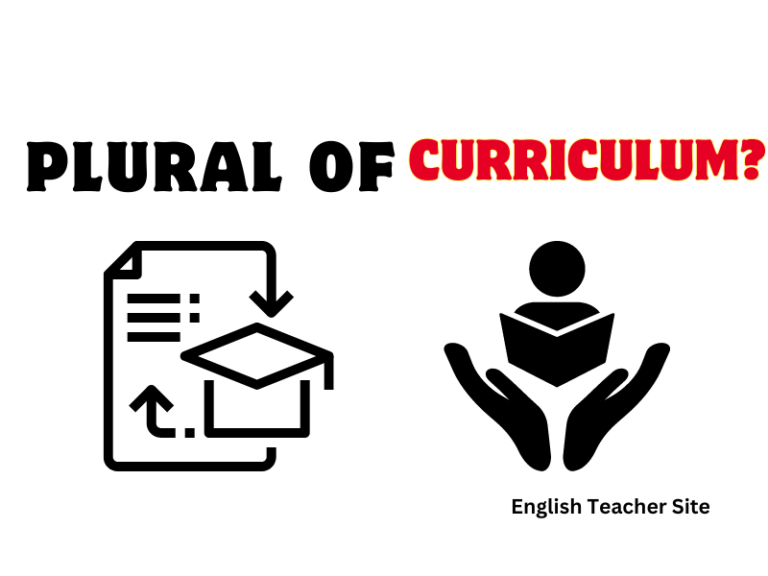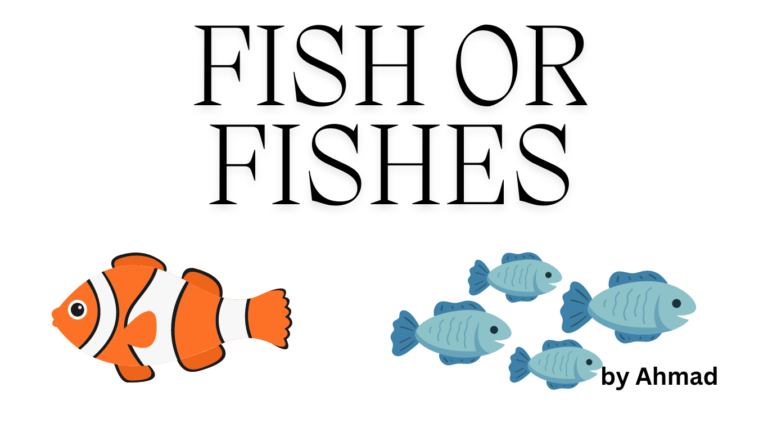Is It Elfs or Elves? The Proven Guide to Plural Forms
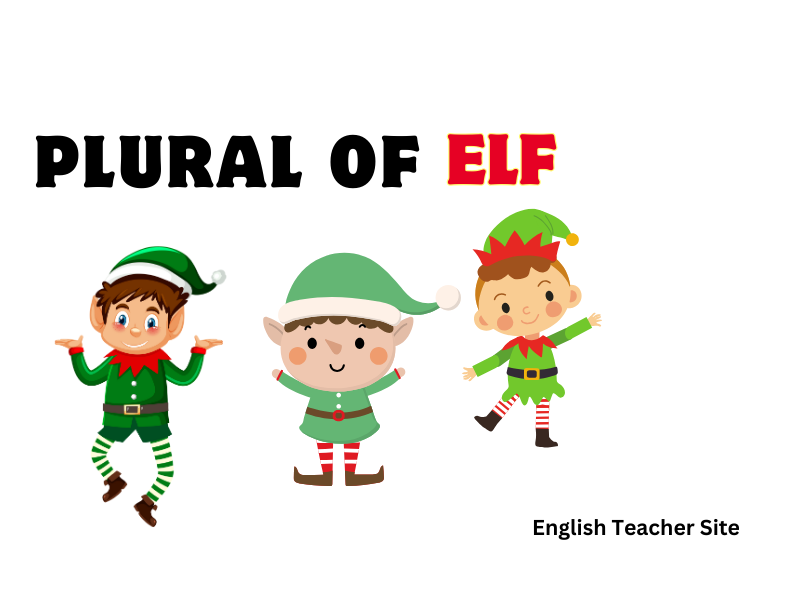
There’s a common debate in English grammar about whether to use “elfs” or “elves” as the plural form of elf. Understanding the correct usage is crucial for both written and spoken communication. In this section, we’ll explore why “elves” is the accepted plural form and clear up any confusion surrounding this term.
The general rule in English is that most nouns ending in -f change to -ves in the plural form. This rule applies to “elf,” transforming it into “elves.” We’ll also dive into the history behind both forms and why “elves” became standard.
The Correct Plural Form: Elves Explained
In modern English, the correct plural form of elf is “elves.” The word “elves” follows a regular pattern for words ending in -f, such as “knife” (knives) and “life” (lives). This section will explore the etymology of the word “elf” and why it shifts to “elves” in the plural form.
Etymology: The word “elf” is derived from the Old English “ælf,” meaning a supernatural being or spirit. Over centuries, the plural form evolved into “elves,” influenced by the linguistic shift in English during the Middle Ages.
Practical Example: “In mythology, elves are often depicted as magical beings living in forests.”
Related Vocabulary: Fairy, sprite, gnome, pixie – these are terms closely associated with elves in folklore.
Common Learner Mistakes with Elfs and Elves
English learners often make mistakes when choosing elfs or elves. This section outlines the most common errors and how to correct them.
- Mistake 1: Incorrectly pluralizing “elf” as “elfs.”
Correction: The correct plural form is “elves.”
Example: “She met several elves during her journey.” - Mistake 2: Using “elves” as a singular form.
Correction: “Elf” is singular, while “elves” is plural.
Example: “An elf wandered through the forest.” - Mistake 3: Confusion with “elf’s” for possession.
Correction: “Elf’s” indicates possession, e.g., “The elf’s cloak.”
Practice Tip: Always remember the plural rule when referencing multiple magical beings.
Practice Exercises: Test Your Knowledge
Exercise 1: Fill in the blanks with the correct plural form (elf or elves): “The _______ were very skilled at archery.” “I saw an _______ sitting by the tree.” “The _______ lived in a hidden valley.”
Answer Key: 1. elves 2. elf 3. elves
Exercise 2: Correct the sentences below: “There were many elfs at the party.” “The elf’s house was beautiful.”
Answer Key: 1. “There were many elves at the party.” 2. Correct as is: “The elf’s house was beautiful.”
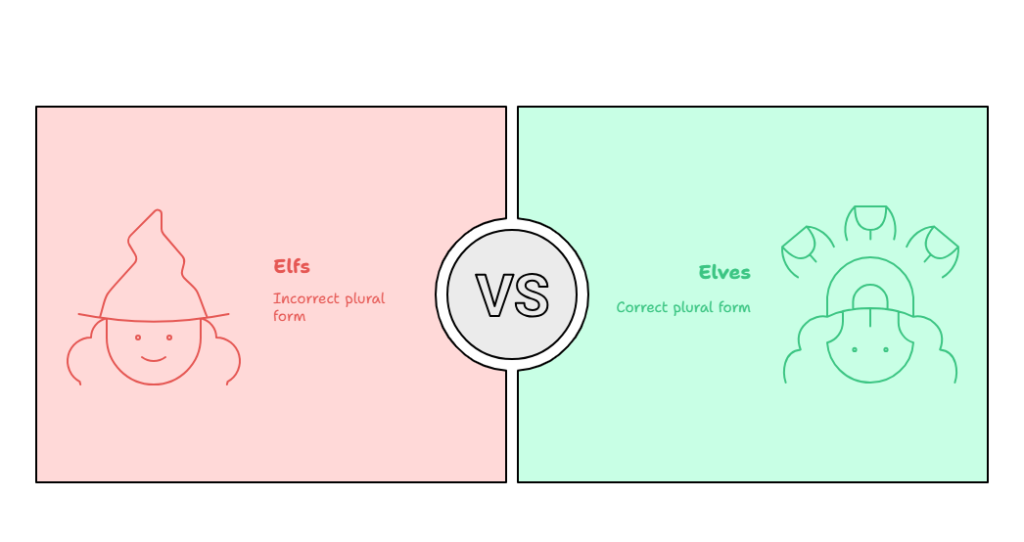
Synonyms and Related Vocabulary
Elves are often associated with other mythical creatures, some of which are used interchangeably in stories and folklore. Here are some common synonyms:
- Fairy
- Sprite
- Pixie
- Gnome
- Imp
- Goblin
Usage Notes: These terms differ slightly from elves. For example, fairies are often portrayed as smaller and more delicate, while goblins are usually mischievous and ugly in appearance. Knowing when to use each term can help refine your understanding of these magical beings.
FAQ: Common Questions About Elfs and Elves
Q1: Is it correct to say “elfs”?
Answer: No, the correct plural form is “elves.” “Elfs” is a common mistake but not grammatically correct in modern English.
Q2: What is the origin of the word “elf”?
Answer: The word “elf” comes from Old English ælf, meaning a supernatural being or spirit. Over time, the plural form evolved into “elves” in modern English.
Q3: Can “elves” be used as a singular form?
Answer: No, “elves” is always plural. The singular form is “elf.” For example, “One elf” refers to a single being, while “Many elves” refers to more than one.
7. Content Expansion Opportunities
Consider expanding this content with the following additions:
- Verb Conjugation Tables: Explore how verbs are conjugated when describing elves, e.g., run becomes “ran” for a singular elf but stays “run” for multiple elves.
- Etymology: Provide a deeper look into the origins of the word “elf” and how it evolved from Old English to modern usage.
- Expanded Synonym Lists: Further explore terms such as dryad, nixie, and fae with examples and context on when they are more fitting than “elf.”
Sources
My name is Khamis Maiouf. I am the creator of the English Teacher Site, dedicated to providing valuable resources and insights for students around the world. With a passion for education and a commitment to helping students enhance their skills, I aim to make English teaching more effective and enjoyable for both educators and students.

